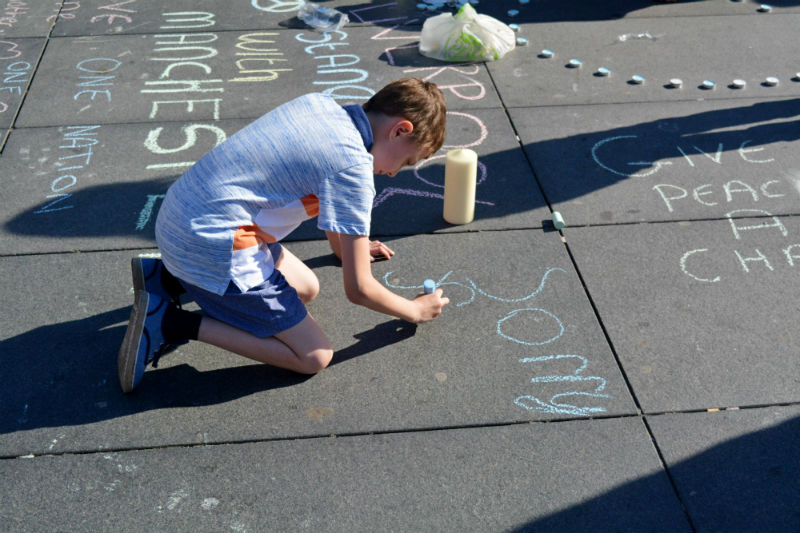 A boy writes a message at a vigil in Liverpool, following the Manchester Attack
A boy writes a message at a vigil in Liverpool, following the Manchester Attack
The idea of being caught up in a terrorist attack is most people’s biggest fear. ![]()
Unfortunately though, as the recent bombing at the Manchester Arena shows, these types of attacks are a very real threat.
But knowing how to respond and assist survivors in the aftermath of such an attack can make a real difference to how people recover and process what they’ve been through and experienced.
This does not require complex skills or specialist knowledge. All it requires is patience and compassion.
1. Just be there
The most important psychological support you can give to someone after a traumatic event is simply to be there and act in a kind, caring way towards them.
Research repeatedly shows that social support is the single most important factor that protects people from the after effects of trauma. And this social support can be provided by anyone – a partner, family, friends, colleagues or members of the community. Essentially, any caring person can provide a basic level of emotional support.
The best support you can provide is to offer a level of human contact, providing them with a “listening ear” if they need one. It might be enough to sit quietly with someone and comfort them if they need it. If someone needs to cry, let them cry.
2. Stay calm and listen
If the person wants to speak about what happened to them, then listen. Do not interrupt them, or bombard them with questions. Let them speak at their own pace. You might say something like “do you want to say more about that?” if you get the sense that the person wants to speak.
As the person might be frightened, confused and disorientated, keep your communication fairly simple. Let the person talk freely, or if they want to just sit in silence, that’s OK too.
Do your best to stay calm and composed when trying to support others, although do not try to completely shut off your own feelings. It is important to try and find a balance between being “real” and having the capacity to support someone else.
If you are finding the situation too difficult and you are feeling emotionally overwhelmed, see if someone else can help and if it is possible to do so, go somewhere quiet to gather yourself.
3. Don’t ‘push’ them to talk
People’s good intentions can often get in the way of them responding positively to a person who has experienced a serious or traumatic event. Some people might avoid having conversations with someone who has been traumatised out of fear of “saying the wrong thing”.
Others, also usually well-intentioned, jump in and offer misinformed advice or make insensitive comments, thinking they are helping, whereas they may be causing further distress.
For a while, it was believed that people who were survivors of disasters should talk in great detail about what had happened – known as “psychological debriefing”. But a series of research projects found that in actual fact, pushing people to talk about what had happened was unhelpful and could make things worse.
4. Don’t assume everything’s OK
The nature of terrorist attacks can often leave large numbers of people feeling vulnerable, afraid and traumatised. But different people react differently to the same event. This means that some of the survivors will be more badly affected than others.
Ultimately what determines whether or not something is traumatic is the person’s own subjective sense of the event. If they experienced it as traumatic, then it was traumatic.
Some people seem to manage extremely well immediately after a traumatic event but find that they are affected by it long after the event, or that distressing memories of the event come back. There is no way to predict whether or not this kind of delayed reaction will occur.
5. There is no right or wrong way to feel
Terrorist attacks are such senseless and meaningless acts of brutality that can have a huge impact on a persons life – and people may need to express their anger about what has happened.
There is no right or wrong way to feel and someone who is a direct or indirect survivor of such an attack is likely to experience lots of different emotions.
After traumatic events, some people need to speak about what happened to them a lot, but others also might not feel ready to open up. Let them know that even if they don’t want to talk about it right now, that they can talk to you about it at any point in the future.
Each person will deal with what has happened in their own way. So if you are helping someone who has experienced a traumatic event, give them space to process their feelings, but let them know that you care and that you are there to help support them through this difficult time.
This article was originally published on The Conversation. Read the original article.
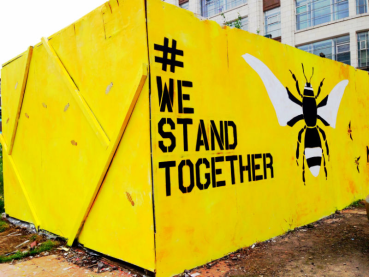
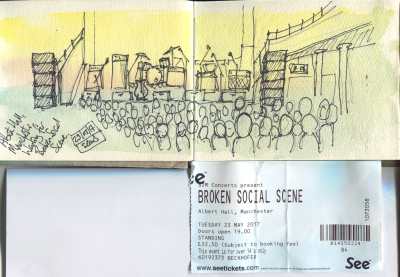
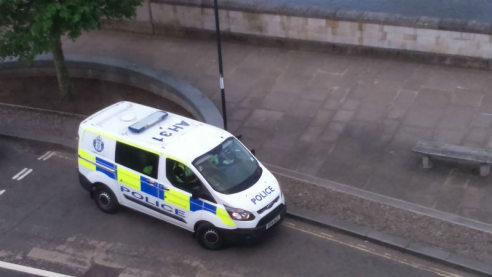
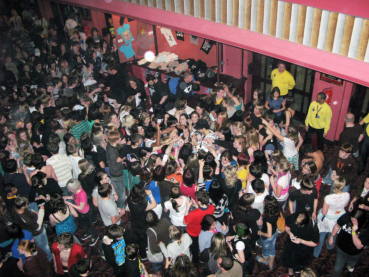
Rate and Review
Rate this article
Review this article
Log into OpenLearn to leave reviews and join in the conversation.
Article reviews